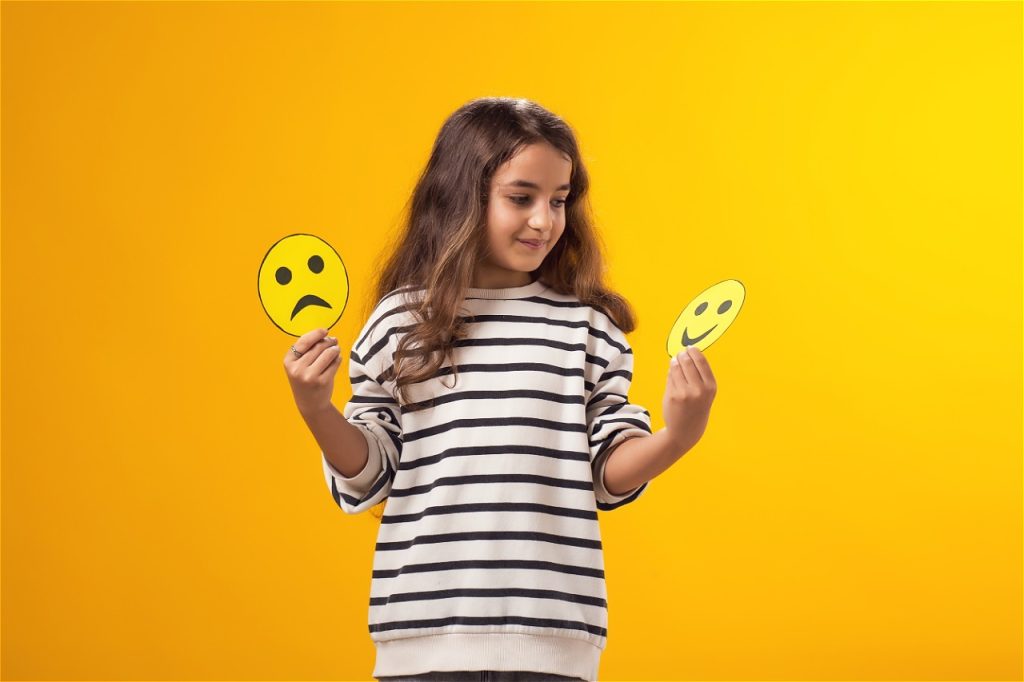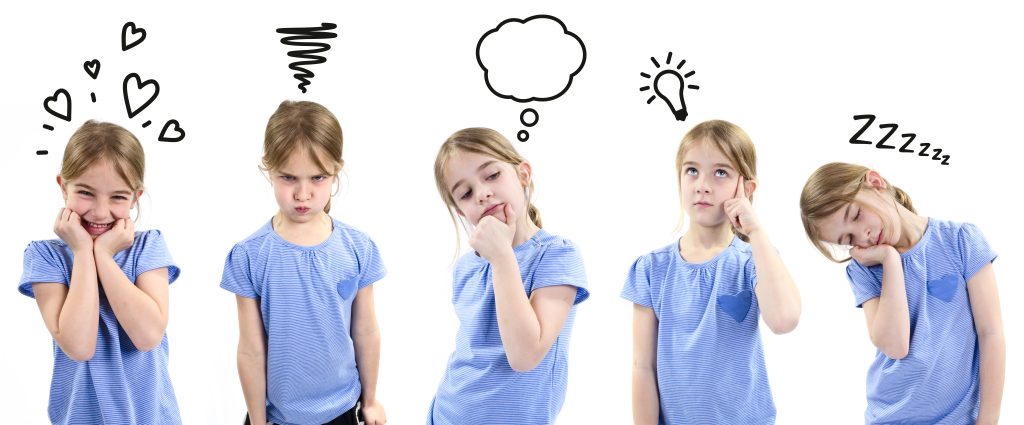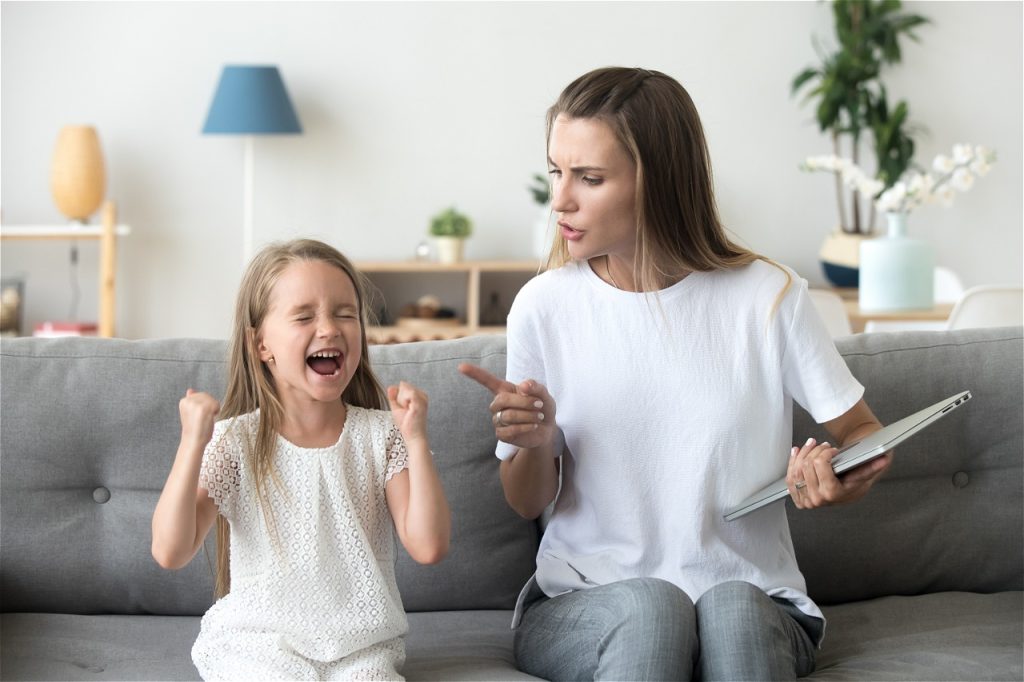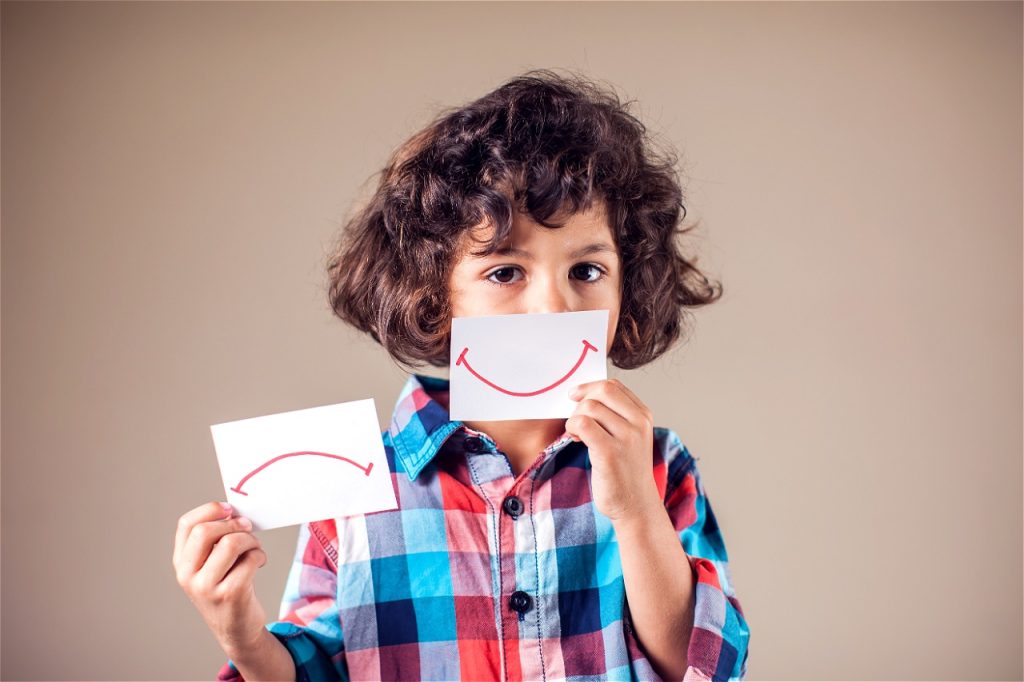In today’s fast-changing world, academic skills alone are not enough to prepare children for future success. At SELF4KIDS, we believe that true learning begins with the heart and mind working together. That’s why our programs are designed around two essential pillars of growth: Self-Awareness and Empathy. These skills form the foundation of emotional intelligence, helping children thrive not only in school but also in life.
Developing Self-Awareness and Empathy for kids is one of the most important steps in preparing them for lifelong success. At SELF4KIDS, we understand that academic skills alone are not enough; young learners also need the emotional tools to understand themselves and connect with others. By focusing on Self-Awareness and Empathy for kids, our programs nurture confidence, resilience, and kindness from the very beginning. Through interactive lessons, role-playing, and reflection activities, learners discover how to recognize their own feelings while respecting the emotions of others—skills that lay the foundation for strong relationships and a brighter future.

Contents
- 1 Why Self-Awareness and Empathy Matter in Early Childhood
- 2 The First Step Toward Personal Growth
- 3 Learning Through Constructive Feedback
- 4 Building Genuine Connection and Healthy Relationships
- 5 Developing Self-Awareness and Respect for Human Beings
- 6 Growth as an Ongoing Process
- 7 The SELF4KIDS Approach to Building Self-Awareness
- 8 Teaching Empathy Through Real-Life Experiences
- 9 A Balanced Curriculum for the Whole Child
- 10 The Long-Term Benefits for Children
- 11 Why Parents Choose SELF4KIDS
- 12 Q&A
- 13 Conclusion
Why Self-Awareness and Empathy Matter in Early Childhood
Children who develop Self-Awareness and Empathy at an early age gain tools that last a lifetime.
- Self-awareness helps children recognize their own emotions, strengths, and challenges. It guides them to make thoughtful choices, manage stress, and build resilience.
- Empathy allows children to understand and respect the feelings of others. It encourages kindness, teamwork, and strong social connections.
Research shows that children with high levels of emotional intelligence adapt better to new environments, show improved focus in academics, and grow into confident, compassionate leaders.
The First Step Toward Personal Growth
The first step in building emotional intelligence is understanding that every challenge offers a starting point for growth. At SELF4KIDS, we help young learners explore their own feelings through guided reflection, mindfulness activities, and positive discussions. By encouraging this type of self-reflection, students learn that it is normal to feel a wide range of emotions, from excitement and joy to frustration and disappointment.
Recognizing and labeling emotions is crucial because it sets the foundation for making thoughtful choices. When learners understand how emotions influence behavior, they are better equipped to handle situations calmly and avoid negative consequences such as conflicts or misunderstandings. Instead of reacting impulsively, they learn to pause, reflect, and consider healthier responses.
This practice becomes the starting point for personal growth. Over time, students develop resilience, confidence, and the ability to manage stress. They also discover that learning is not about being perfect but about taking steady steps forward. Every activity, whether it’s teamwork, creative play, or academic tasks, offers a chance to reflect and grow. With each new experience, learners become more prepared to engage in the world as self-aware individuals, capable of forming stronger connections and making thoughtful decisions.

Learning Through Constructive Feedback
At SELF4KIDS, we believe that constructive feedback is one of the most valuable tools for personal development. Instead of focusing only on mistakes, we highlight effort, strategies, and progress. This approach transforms challenges into opportunities, teaching learners that feedback is not criticism but guidance for future improvement. When feedback is given in a respectful and supportive way, it becomes a pathway toward personal growth rather than discouragement.
Feedback also fosters humility, as learners begin to understand that no one is perfect and improvement is an ongoing process. By accepting advice and suggestions, they learn to adapt, practice resilience, and view setbacks as steppingstones instead of failures. This leads to a deeper understanding of their strengths, weaknesses, and potential.
In group settings, constructive feedback plays an even greater role. As team members, students learn how to give and receive input while respecting the emotions of others. This mutual exchange builds trust and promotes healthy relationships, ensuring that collaboration becomes both productive and enjoyable.
Ultimately, by embracing constructive feedback, students learn to stay open-minded, value growth over perfection, and see every learning experience as part of their journey toward lifelong success and greater self-awareness.

Building Genuine Connection and Healthy Relationships
Human development is not just about skills—it is about forming genuine connections. At SELF4KIDS, we emphasize the importance of recognizing the emotions of others and using that awareness to build healthy relationships. From collaborative games to shared storytelling, students experience firsthand the power of kindness, listening, and cooperation.
Being part of a group teaches learners how to become supportive team members. They practice patience, compromise, and problem-solving, which are essential life skills. By understanding that their words and actions affect others, they also learn to avoid negative consequences like conflicts, exclusion, or hurt feelings. Instead, they discover that empathy and respect lead to trust, friendship, and stronger community bonds.
This emphasis on connection gives learners a deeper understanding of how relationships shape our lives. Genuine bonds provide encouragement during challenges and amplify joy during achievements. These interactions also highlight the importance of shared responsibility, as each individual contributes to the group’s overall harmony.
When students practice forming genuine connections, they build social confidence and emotional security. These experiences prepare them not only for academic teamwork but also for navigating life as thoughtful, caring individuals who value collaboration and compassion.

Developing Self-Awareness and Respect for Human Beings
Self awareness is a cornerstone of emotional intelligence, and at SELF4KIDS, we integrate it into everyday learning. Self-awareness means being able to identify own feelings, acknowledge personal strengths, and recognize areas for growth. Through guided discussions, role-play, and reflective activities, students become more aware of their inner world and learn to manage emotions in positive ways.
This awareness naturally extends to respect for other human beings. When learners recognize their own emotions, they can more easily appreciate the emotions of others. This reduces biases and encourages fairness, inclusivity, and compassion. Instead of focusing only on personal needs, they begin to consider how their actions impact those around them.
Developing self awareness also helps learners connect their daily choices with long-term aspirations. They start to ask important questions: “What kind of person do I want to be?” and “How can I act in ways that align with my values?” Such reflection nurtures integrity and responsibility.
By combining humility with self-confidence, learners discover that true strength comes from balance. They learn that respecting themselves and others is not only a personal skill but also a social responsibility, ensuring they grow into thoughtful, well-rounded individuals.
Growth as an Ongoing Process
One of the most important lessons we share at SELF4KIDS is that learning and development are an ongoing process. Emotional intelligence, just like academic knowledge, requires practice and patience. Students are encouraged to view growth as a journey, where every step, whether forward or backward, contributes to long-term success.
Understanding that growth never truly ends helps learners stay motivated. They learn to celebrate progress while still striving toward higher aspirations. Mistakes are seen as opportunities, and successes are acknowledged as milestones rather than final destinations. This perspective instills both resilience and humility, as students understand that everyone is constantly evolving.
An ongoing process also means reinforcing self awareness daily. Learners are guided to reflect on their own feelings, notice their responses to challenges, and adjust their behavior thoughtfully. By doing this consistently, they strengthen their emotional intelligence and build habits that support healthy relationships.
Most importantly, embracing growth as continuous encourages learners to respect the uniqueness of all human beings. They see personal development not as competition but as a shared journey where mutual support leads to collective success. This mindset equips them to approach the future with openness, responsibility, and confidence.
The SELF4KIDS Approach to Building Self-Awareness
At SELF4KIDS, our teachers guide children through daily practices that nurture self-awareness. From reflection circles to mindful breathing exercises, children learn to identify their emotions and express them in healthy ways. We encourage children to celebrate small victories, understand their learning style, and embrace mistakes as part of the growth process. By doing so, they build self-confidence and develop a positive sense of identity.
At SELF4KIDS, the foundation of every program is built on Self-Awareness and Empathy. We believe that Self-Awareness and Empathy create the essential balance between understanding one’s own emotions and respecting the experiences of others. When learners practice Self-Awareness and Empathy, they build confidence, strengthen relationships, and develop resilience. Our curriculum integrates storytelling, reflection, and teamwork to make Self-Awareness and Empathy a daily habit. By focusing on Self-Awareness and Empathy, we prepare young learners not only for academic success but also for life’s social and emotional challenges.
Research continues to show that Self-Awareness and Empathy are the strongest predictors of long-term success in school and beyond. At SELF4KIDS, every activity is carefully designed to encourage Self-Awareness and Empathy, from group projects to mindfulness practices. Parents notice that their children who practice Self-Awareness and Empathy communicate more clearly, handle conflicts with maturity, and build stronger friendships. By weaving Self-Awareness and Empathy into everyday learning, we ensure that growth is not accidental but intentional. In fact, Self-Awareness and Empathy are the very skills that transform young learners into compassionate leaders of tomorrow.

Teaching Empathy Through Real-Life Experiences
Empathy cannot be taught through worksheets—it must be experienced. At SELF4KIDS, children engage in role-playing, cooperative games, and storytelling activities that help them see the world through another’s eyes. Whether caring for classroom plants, helping a friend during a challenge, or participating in community projects, our students practice empathy in action every day. These experiences teach them that their actions have an impact, and kindness creates stronger bonds.
A Balanced Curriculum for the Whole Child
Our curriculum combines academic learning with emotional and social development. Literacy, math, and science are integrated with activities that highlight Self-Awareness and Empathy. For example:
- In storytime, children discuss characters’ feelings and choices.
- In group projects, they practice listening, sharing, and problem-solving.
- In outdoor play, they learn cooperation and respect for others’ space.
This holistic approach ensures children are not only ready for school but also equipped for life.
The Long-Term Benefits for Children
When children grow up with strong Self-Awareness and Empathy, they become better problem-solvers, communicators, and leaders. They build healthier friendships, adapt to challenges, and show resilience in the face of obstacles. Parents often notice positive changes at home too—children express their feelings more clearly, show responsibility, and demonstrate compassion toward siblings and family members.
Why Parents Choose SELF4KIDS
Families choose SELF4KIDS because they see the difference in how their children grow. Our supportive environment, experienced educators, and innovative curriculum put emotional intelligence at the center of learning. By prioritizing Self-Awareness and Empathy, we give children the confidence to explore the world with curiosity, kindness, and courage.
Q&A
Q: How can I help my child take the first step in developing self-awareness at home?
A: Start by encouraging your child to name their emotions. For example, if they seem upset, you can say, “It looks like you’re feeling frustrated. Do you want to talk about it?” This simple habit builds a vocabulary for feelings, which is the foundation of self-awareness.
Q: What role does constructive feedback play in emotional growth?
A: Constructive feedback teaches children that mistakes are learning opportunities, not failures. When delivered with kindness, feedback helps them reflect, adjust, and grow without fear of judgment.
Q: How do genuine connections support healthy relationships?
A: Genuine connections are built on trust, listening, and mutual respect. When children understand the emotions of others, they form deeper bonds, leading to friendships and positive teamwork.
Q: Why is humility important in building self-awareness?
A: Humility helps children recognize both their strengths and areas for improvement. It teaches them to value learning as an ongoing process and to approach relationships with openness and respect for others.
Q: How can parents model self-awareness and empathy effectively?
A: By practicing self-reflection, apologizing when necessary, and showing compassion toward others, parents provide a living example. Children often learn more from what they see than what they hear.
Conclusion
At SELF4KIDS, we believe that the true measure of success is not only academic achievement but also emotional intelligence. By focusing on Self-Awareness and Empathy, we help young learners build the foundation for resilience, kindness, and lifelong confidence. From the first step of recognizing their own feelings to forming genuine connections and respecting all human beings, every activity is designed to nurture growth.
We emphasize that development is an ongoing process—shaped by constructive feedback, guided by aspirations, and strengthened through healthy relationships. As students grow in self-awareness, they also learn the importance of understanding the emotions of others, practicing humility, and building inclusive communities.
Families choose SELF4KIDS because we prepare young learners not just for school but for life. With the right tools, support, and environment, they gain the confidence to navigate challenges, celebrate personal growth, and contribute positively to the world. By teaching Self-Awareness and Empathy, we empower the next generation to lead with heart, respect, and wisdom.
